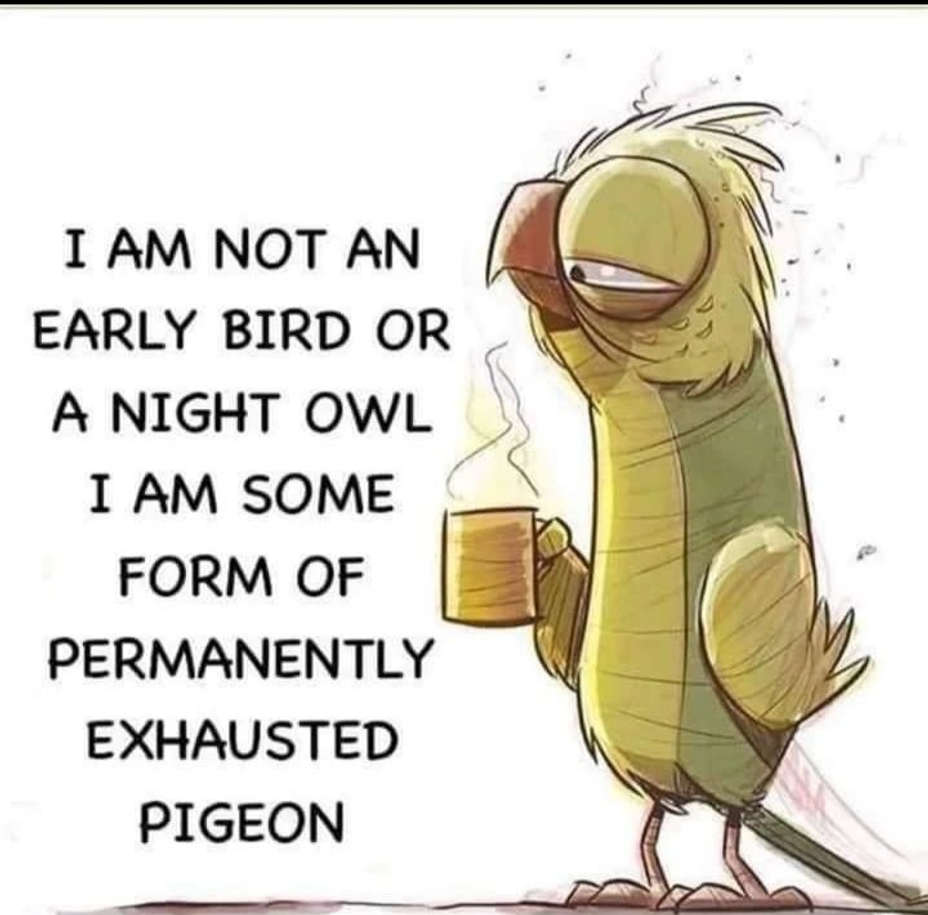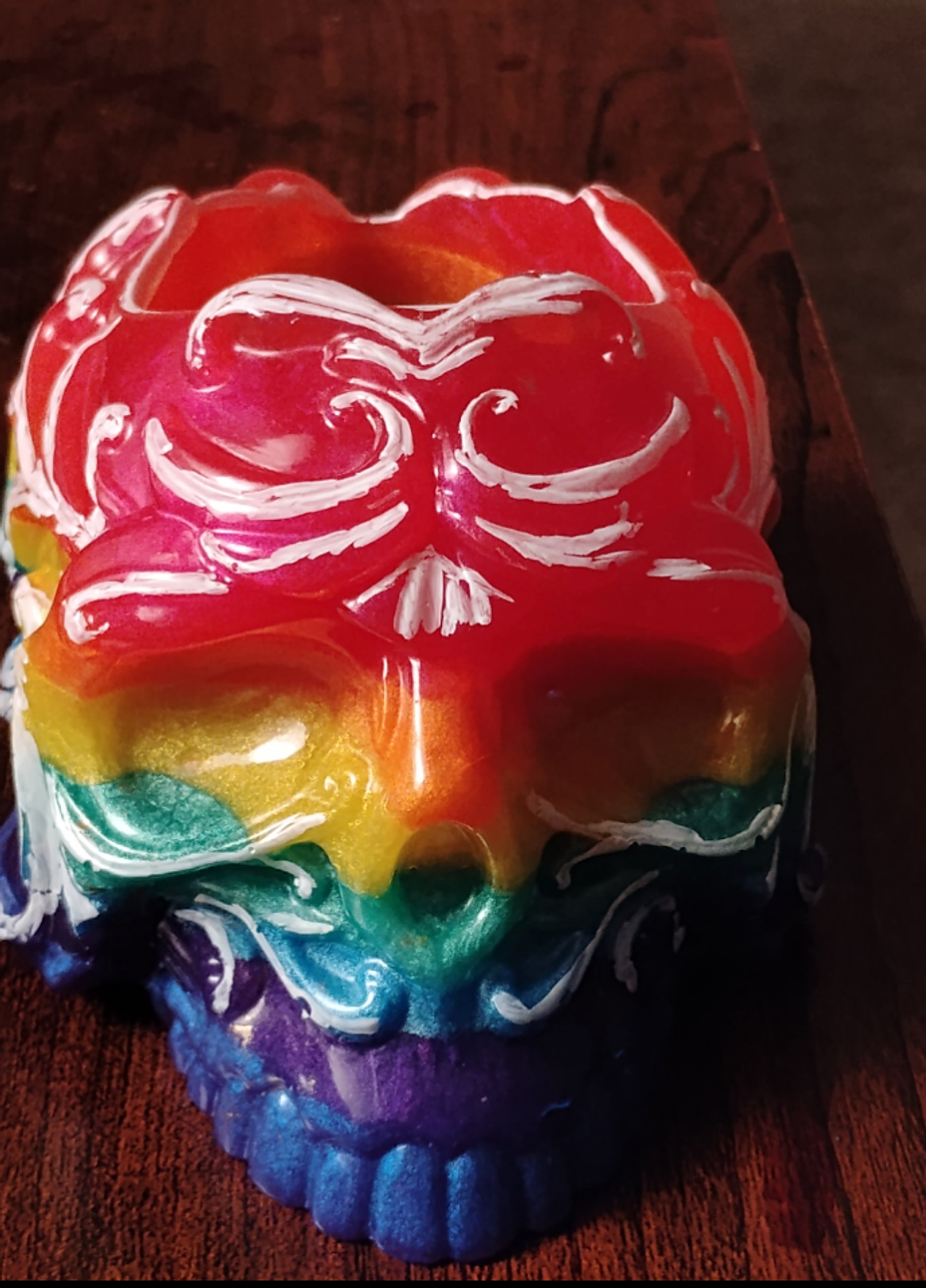Going to try paper quilling again
I stopped quilling almost 2 years ago due to my #CRPS but am remembering how relaxing it was and how much I enjoyed making things. Bought a new kit and going to try my hand at it again this weekend.
I stopped quilling almost 2 years ago due to my #CRPS but am remembering how relaxing it was and how much I enjoyed making things. Bought a new kit and going to try my hand at it again this weekend.

I'm Tinie ( tee knee) I'm 38 and I have #CRPS #POTS #Stroke and #MDD ... The love of my life is my 4 yo Budgie Otto Von Ruthless, he has a 75+ word vocabulary. Just recently he said, "You want to come in and get a beer?" while he was in his house. lol I had asked if he wanted to come out of his house, he replied"No, that's okay." then proceeded to invite me in to get a beer. lol ( He drinks bottled water only.)
Hi all, I'm dealing with old and new diagnosis' and challenges. I'm overwhelmed with all the appointments I have coming up and still needing scheduled.
I have Cardiology, Imaging x3, Neurology, gastro, Pain management, opthalmology etc
I'm struggling dealing with the old and new health issues, and dealing with not being able to do a lot for myself like laundry.
How do you all do this with limited help?
Hi all! My name is Tinie ( tee Knee) I'm 38. I have CRPS, POTS, MDD and last week had a stroke. I have always loved writing and usually just write for me. My writing tends to be dark, I don't have the best outlook on life. Writing is cathartic for me, it's just a raw expression of how I'm feeling. If you want to read more of my poetry, check the link in my bio.

I bought the mold itself. I painstakingly poured the resin and painted the white. #resinart #LGBTQ #pridesupporter #rainbowskull #CRPS #Stroke #POTS #crafts
As darkness fell,
Cries break the silence of the night,
But go unheard, flames and lightning rip through her body
Tears fall...
Screams silenced, her body goes still
Her tears dry, her eyes close...
Pain dissipates, thoughts fade
She exhales her last breath
Everything goes still and quiet
She has mercy at last
#CRPS #POTS #Stroke #Depression #Anxiety #Anxiety
So I just got out of the hospital after having a mini stroke, I'm 38. and was also diagnosed with POTS. It's rendered me pretty useless, I barely can care for myself. I pass out if I stand or walk or sit up. I have CRPS in my right arm and weakness in my left arm and leg. They had to care for Otto for me.
I'm feeling like a burden and pretty worthless at the moment. I feel like everything is on my dad's wife's shoulders as she is also his ft caregiver, he had a stroke in 2019.